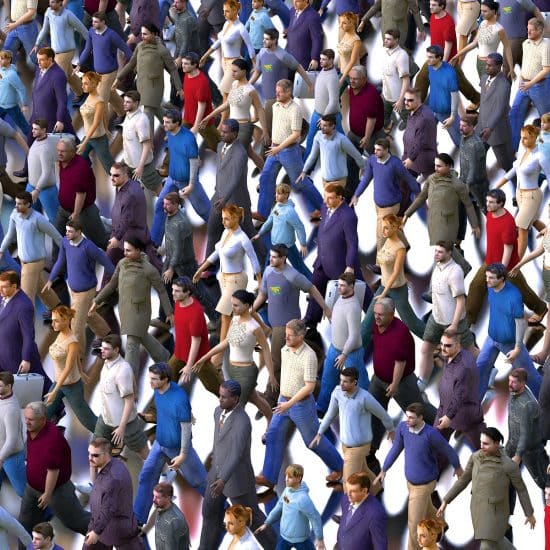Media and the Internet – May 2007
Pity Julie Amero.
On May 18, the former
Amero testified that she did not know how to turn the computer on or off, was told not to turn it off and could not close the pop-ups that kept cascading across the screen. The jury conviction has sparked outrage among computer and security professionals, who noted that prosecutors were ill-informed about computer security, technical information was not admitted, the computer was infected with viruses, running Windows 98 and an out-of-date anti-virus program and browser.
On the highway of life there are a lot of drivers. Some drive too slow, others too fast. Others may drive erratically or impaired. Then there are those distracted by radio, cell phones, makeup and meals. They are a hazard to themselves and others.
On the information superhighway there are hazardous users, too. How can you spot them? Hazardous people…
Don’t use a firewall. They show hospitality for hackers looking for an unprotected computer to infect or send out spam to others by ignoring firewalls as a first line of defense. They also don’t use free scans like Symantec’s Security Check to see if their computer is vulnerable.
Avoid software. They have enough programs already, so ignore free anti-spyware tools like Spybot Search and Destroy, Lavasoft’s Ad-Aware, Windows Defender or antivirus programs like Grisoft’s AVG.
Leave software alone. They are proud to have installed software and see no reason to actually run it, let alone check for updates or schedule automatic scans that some software offers.
Surf carelessly. They visit sites fearlessly and download recklessly, rather than use a product like Exploit Prevention Labs’ LinkScanner Lite or McAfee’s SiteAdvisor (both free) to warn of dangerous sites and in search results. Or, avoiding helpful sites like BestVPN’s free Windows and Mac unitlities or Gizmo’s Freeware Tech Support Alert with many utility downloads.
Follow all instructions. They will click on any pop-up ad offering to protect e-mail or your computer, even they are from an unknown company.
Give out information. Their family gives out financial information on unsecured sites (no closed lock at the bottom), reply to fake e-mails posing as financial sites or credit cards looking for password information and give addresses and other personal information on public sites that people can use to find or take advantage of them.
Pass along information. They re-send something funny to everyone in their address book without considering whether it is appropriate or how often they do it. They take other messages that outrage them and forward these without checking if they are true at a site like Snopes, even if many times petitions are a way of harvesting e-mail addresses for spammers.
Don’t respect privacy. They also don’t consider if you want to keep your address secret, so they don’t use the blind carbon copy (BCC) option to hide other addressees.
People that are hazards not only harm their own computers, but ending up causing others to receive spam, viruses and other cyber-nasties – not to mention the possibility of just wasting their time.
Imagine if the Amero case above had instead happened to a minister or a volunteer in your church. Insist that your church have built-in protection for all computers and keep all software up to date.
Consider helping your community by sponsoring computer-help classes. It’s not only a good outreach tool; you can be a good Samaritan for others as well.
Ken Satterfield has been a media consultant and is now Word&Way’s marketing coordinator. Send your thoughts and ideas to ksatterfield@wordandway.org.
UPDATE: The guilty verdict against Julie Amero was set aside in early June 2007, granting her a new trial. Whether that trial will take place is uncertain. An effort to prevent this from happening to others has been started – see the blog.




